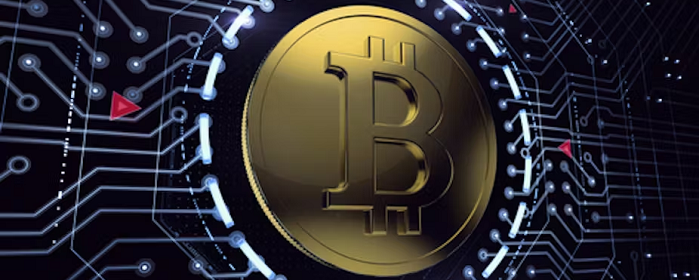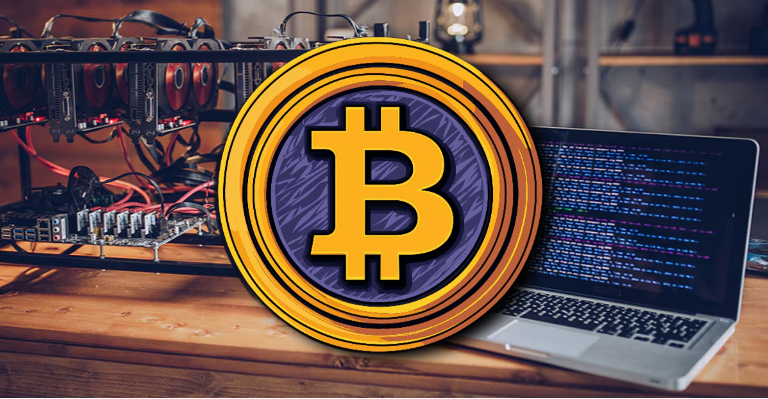TL;DR
- A solo miner successfully solved a Bitcoin block worth $349,000 using only 2.3 petahashes per second, with odds of just 0.004%.
- The block was mined via CKpool, a service designed for independent miners without relying on large-scale pools.
- While corporate miners scale back due to energy costs, this win proves individual efforts can still secure major rewards in today’s competitive landscape.
A solo Bitcoin miner has defied the odds by successfully mining a full block valued at nearly $350,000, using only 2.3 PH/s, far below the industrial standard. The event occurred via CKpool, a platform catering to miners operating independently. The miner solved block 903883 and earned 3.173 BTC, a feat statistically expected to happen only once every eight years with that level of hashpower.
Underdog Breaks Through As Power Giants Struggle
This event reignites optimism among hobbyist miners who, despite limited resources, can still compete in a network dominated by massive operations. While large-scale firms deploy thousands of ASICs and consume megawatts of energy, solo miners are proving that a leaner setup—and a bit of luck—can still yield massive returns.
Earlier solo wins this year support that idea. One miner earned $330,000 in June from block 899,826, and another in February mined block 883,181, receiving a similar reward. These instances highlight that success in solo mining isn’t reserved for the wealthy or industrial players. Even older ASIC rigs can deliver real results when perseverance meets chance.
Rising Costs Squeeze Industrial Miners
Meanwhile, major Bitcoin mining companies are experiencing a slowdown. Firms like Riot Platforms and Marathon Digital curtailed production in June as electricity prices soared, especially in Texas where demand-driven charges make summer operations more expensive. Some companies even paused machines entirely during peak hours, prioritizing cost control over continuous output.
This contrast between individual success and corporate cutbacks illustrates the decentralization potential that Bitcoin still offers. Probability remains the deciding factor in solo mining, not brute force. The miner’s estimated 1-in-375,000 chance of winning this block shows that, despite increasing network difficulty, luck can occasionally trump scale.

As Bitcoin’s hash rate trends upward and mining competition grows fiercer, stories like these serve as a reminder: solo mining, while risky and rare, can still deliver life-changing rewards to those willing to stay in the game. It’s a powerful example of how decentralized participation remains viable.
New technologies like home-friendly ASICs and ultra-efficient cooling systems could improve solo mining prospects further, helping individuals compete in a landscape long dominated by corporate giants.

